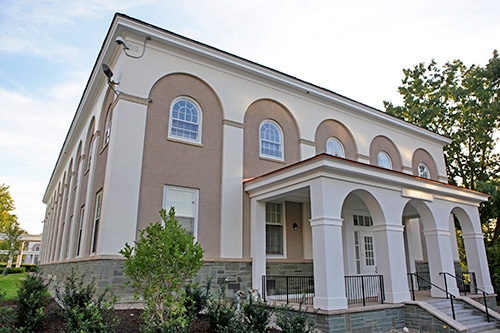We’d like to tell you that when you graduate from Union College in economics, you’ll have learned everything you will ever need to know in your life. Alas, there are some career paths you might want to follow that will require further study after you finish your courses here. Your ability to get into graduate programs (study programs that require applicants to have a bachelor’s degree before starting the program) and professional programs (ones that prepare you for a specific career) can depend on what courses you took in college, since most graduate and professional programs expect applicants to have particular knowledge or skills when they start the program. On this page we’ll discuss a number of programs that Union economics majors are often interested in, and give suggestions about what courses (both in economics and outside it) you might want to take while at Union to prepare you for them.
We’ll focus on seven particular types of programs:
- Ph.D. in economics
- Master’s in business administration or management science (business school)
- Master’s in finance or mathematical finance
- Master’s in accounting
- Master’s in data analytics or data science
- Master’s in teaching
- JD (law school)
These aren’t the only kinds of graduate and professional programs that economics majors are interested in; there are many more. If you’re interested in a different program, talk to your academic advisor or to Professor Stephen Schmidt, the department’s graduate study advisor.
When you are deciding whether to pursue an advanced degree, or looking for a specific program, it is smart to look at the jobs that graduates of those programs have taken on completing the program. Many programs make such information available. This is the best information about the kinds of jobs that a program will prepare you to do, so apply to programs that are sending their graduates (at least some of them) to the kinds of jobs and careers you are looking for.
